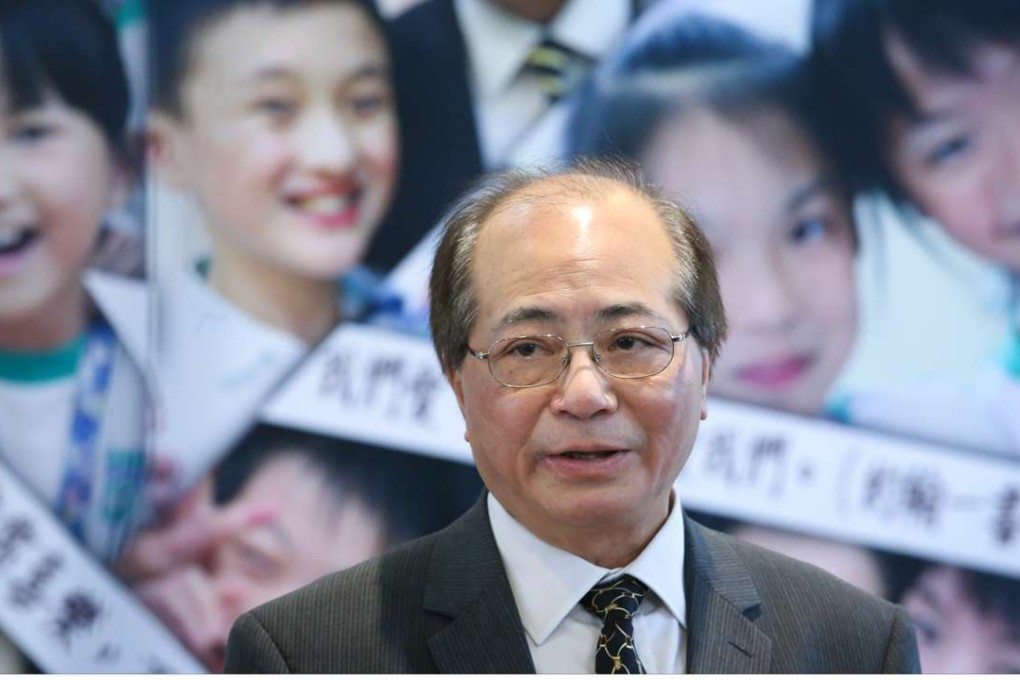Revised history curriculum focuses more on Hong Kong but omits important elements of the past
New Chinese history syllabus for junior secondary school levels receives a mixed reaction from educators after first consultation session

Educators have criticised a revised junior secondary Chinese history curriculum, opened for consultation Thursday, for focusing more on positive aspects and less on negative topics such as disorder and the fall of different eras.
Education minister Eddie Ng Hak-kim said on Wednesday that the syllabus aimed to increase student interest in the topic, their understanding of the city’s background and China’s development.
“As a Hongkonger and a Chinese [citizen], one should be clear about the history of one’s place,” Ng said.
But one teacher at yesterday’s consultation reportedly raised concerns over too much focus on unification and prosperity and too little on disorder and the fall of different eras in the new curriculum.
Chinese history teacher and the deputy director of education research for the Professional Teachers’ Union Chen Yan-kai echoed the concerns, saying the fall of Qin and Han dynasties had been omitted from the new curriculum. He said the Three-anti Campaign and Five-anti Campaign reform movements issued by the former chairman of the Communist Party of China Mao Zedong were also left out.
“The disorder and fall of different eras is important for the development of history,” Chen said.